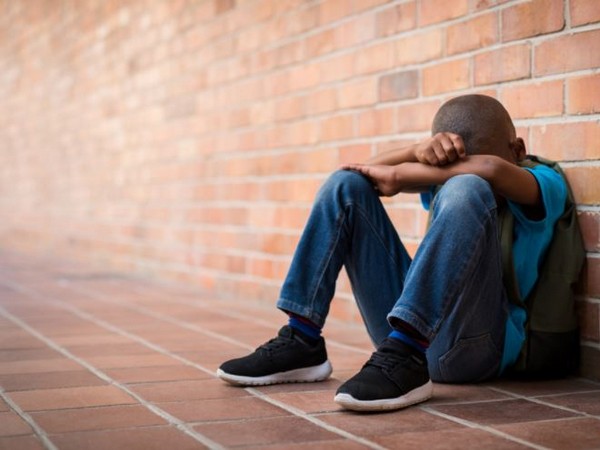Adults urged to play active role in protecting children from cyberbullying
CSIR Senior Researcher, Sipho Ngobeni, said many people still do not see the harm associated with cyberbullying, which takes place through online communication platforms.

- Country:
- South Africa
Cybersecurity experts have urged adults to play an active role in protecting youngsters from cyberbullying.
Briefing the media on Thursday, researchers of the Council for Scientific and Industrial Research (CSIR) put the spotlight on the negative effects of cyberbullying and provided some solutions to the problem.
CSIR Senior Researcher, Sipho Ngobeni, said many people still do not see the harm associated with cyberbullying, which takes place through online communication platforms.
He cited recent incidents such as that of Lufuno Mavhunga, 15, who committed suicide, allegedly after a video of her being grievously assaulted went viral.
The teenager from Mbilwi Secondary School who has been accused of assaulting Mavhunga was released on R1 500 bail on Thursday. The teen will appear in court again on 27 May.
Ngobeni also pointed out that singing sensations from KwaZulu-Natal, Viggy and Virginia Qwabe, continuously face a barrage of cyberbullying.
“They are often labelled as ugly and memes are created using their photos. Recently, someone published old pictures from when they first appeared on Idols SA and compared them to how they look now. The side-by-side pictures were captioned ‘money has the power to change everyone’ and went viral on WhatsApp, among other social media platforms.”
The senior researcher called on everyone to get involved – youth, parents, educators, counsellors, youth leaders, law enforcement, social media companies, and the community - to fight the scourge.
According to Ngobeni, this is the key to dealing with this problem, adding that parents are often oblivious to their children’s online behaviour.
“In addition, educators do not know when and how to intervene in online behaviours that occur away from school, but still involve their learners. Law enforcement is often also hesitant to get involved unless there is clear evidence,” he said.
According to research, Instagram accounts for 42% of bullying that occurs online, while 37% occurs on Facebook, 31% on Snapchat, 12% on WhatsApp, 10% on YouTube and 9% on Twitter.
Meanwhile, statistics show that about 41% of kids develop social anxiety after being bullied, 37% battle with depression, 26% have suicidal thoughts and 25% engage in self-harm.
In addition, 24% stop using social media altogether, 20% start skipping classes and 14% develop eating disorders, while 9% begin to abuse alcohol and drugs.
What parents can do
Another expert, Rofhiwa Netshiya said there is a need for public education about all forms of cyberbullying.
“We need to educate children that all forms of cyberbullying are wrong and can lead to serious discipline.”
Netshiya advised parents to install internet-monitoring software on their children’s computers to be able to track their activities on social media.
“There are low-cost products that can invisibly monitor the activities of your kids and privately email you the results as often as you like. These are very important to track Internet sites visited, downloads, chat room conversations and instant messaging.”
Parents are also advised to reinforce positive morals and values and educate their children about appropriate online behaviour.
These include the use of account privacy settings, reporting the bullying to the police and providing unconditional support to children if they experience cyberbullying.
(With Inputs from South African Government Press Release)










